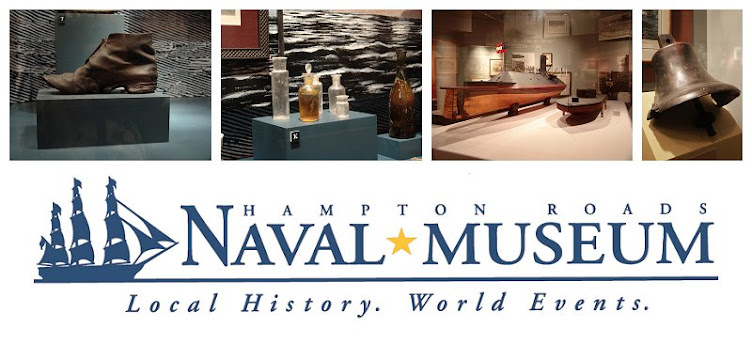The battleship USS Mississippi (BB-40) arrived at Norfolk Naval Shipyard in 1931 for a two-year modernization overhaul. As the ship would be laid up for an extended period of time, sailors had a bit more liberty time than normally allowed.
| USS Mississippi at Norfolk Naval Shipyard, 1933 |
Thus it came to the attention of Captain Henry Brinser, Mississippi's commanding officer, that an unusual number of the battleship's sailors were being arrested by the City of Norfolk police for patronizing illegal speakeasies. Even worse, Brinser was informed that the speakeasies had been aggressively marketing to his sailors with advertising cards. Noticing that the Norfolk police were more interested in arresting sailors than in shutting down the illegal drinking establishments, Brinser went public with the problem. Completely ignoring his own chain-of-command, Brinser informed the local papers about the situation.
| Walke Truxtun, city manger of Norfolk in 1931 and great-grandson of
Commodore Thomas Truxtun
|
Henry Brinser, commanding
officer of Mississippi in 1931 |
Acting shocked and outraged by the accusations, Truxtun demanded to know from both Burrage and Brinser where they got such information. Promising a full investigation into police corruption, he noted that "only 35 sailors" were currently in Norfolk jails for Volstead Act violations. This promise was not good enough for the Navy. Burrage threatened to declare much of Norfolk "out of bounds" for sailors.
 |
| Congressman Menalcus Lankford (R-VA) |
The controversy reached the desks of senior Naval leadership in Washington. Rear Admiral John Halligan, assistant chief of naval operations, stated to reporters that there was no need for Washington to get involved and that the Department had full confidence in Burrage to do as he saw fit. Seeing that the Navy's higher-ups were not going to intervene, Congressman Menalcus Lankford (R-VA) arrived from Washington to meditate. Norfolk represented a large portion of Lankford's district and he no doubt saw local economical repercussions of a rift with the Navy.
Lankford's intervention succeeded in cooling down tempers. Truxtun agreed to investigate the alleged police corruption and end the harassment of sailors. He also agreed to a Navy demand that if Norfolk police arrested any sailor on a misdemeanor charge, they would turn the sailor over to the Navy for trial through Navy justice.





No comments:
Post a Comment